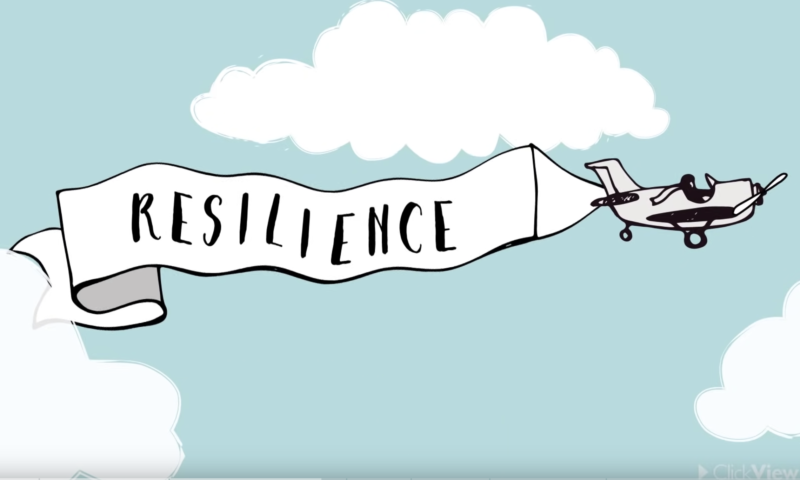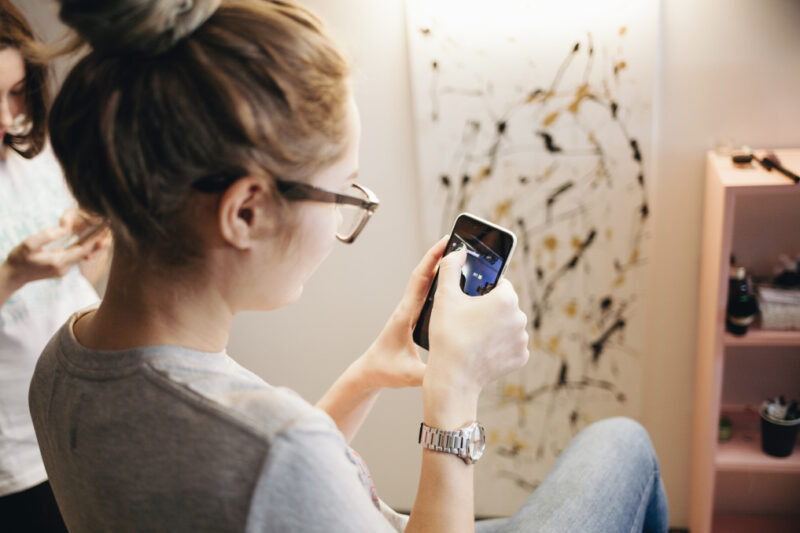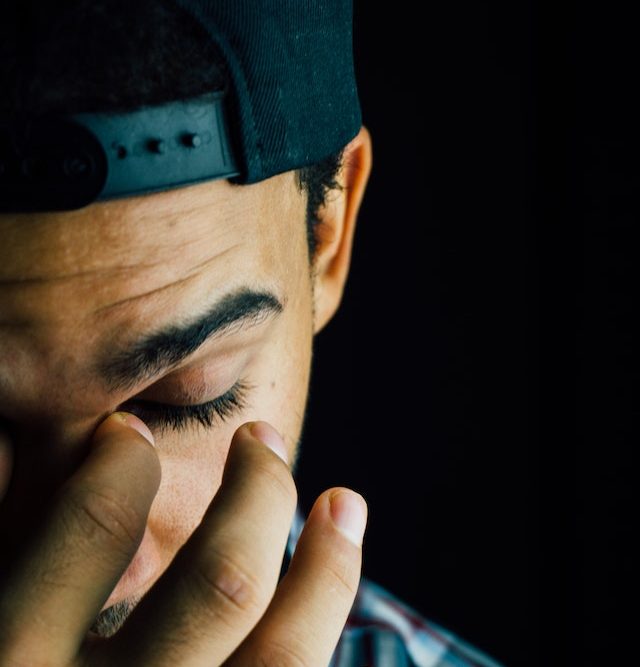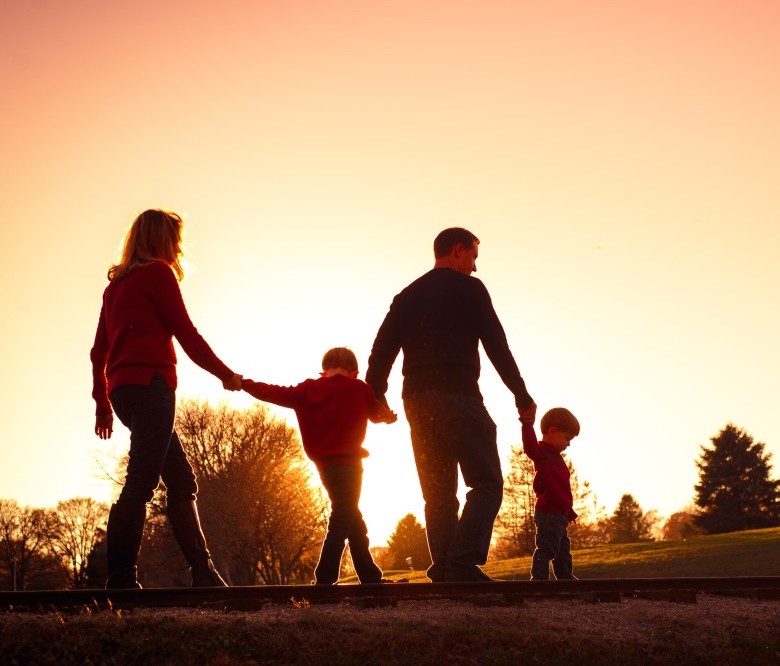
The ‘Silent Epidemic’ of Eating Disorders
Researchers who study eating disorders sometimes call them the silent epidemic. Despite the stereotype that these disorders afflict only young white women, the truth is that they occur among people of all ages, genders, ethnicities, races, shapes, and sizes. Read more >>











